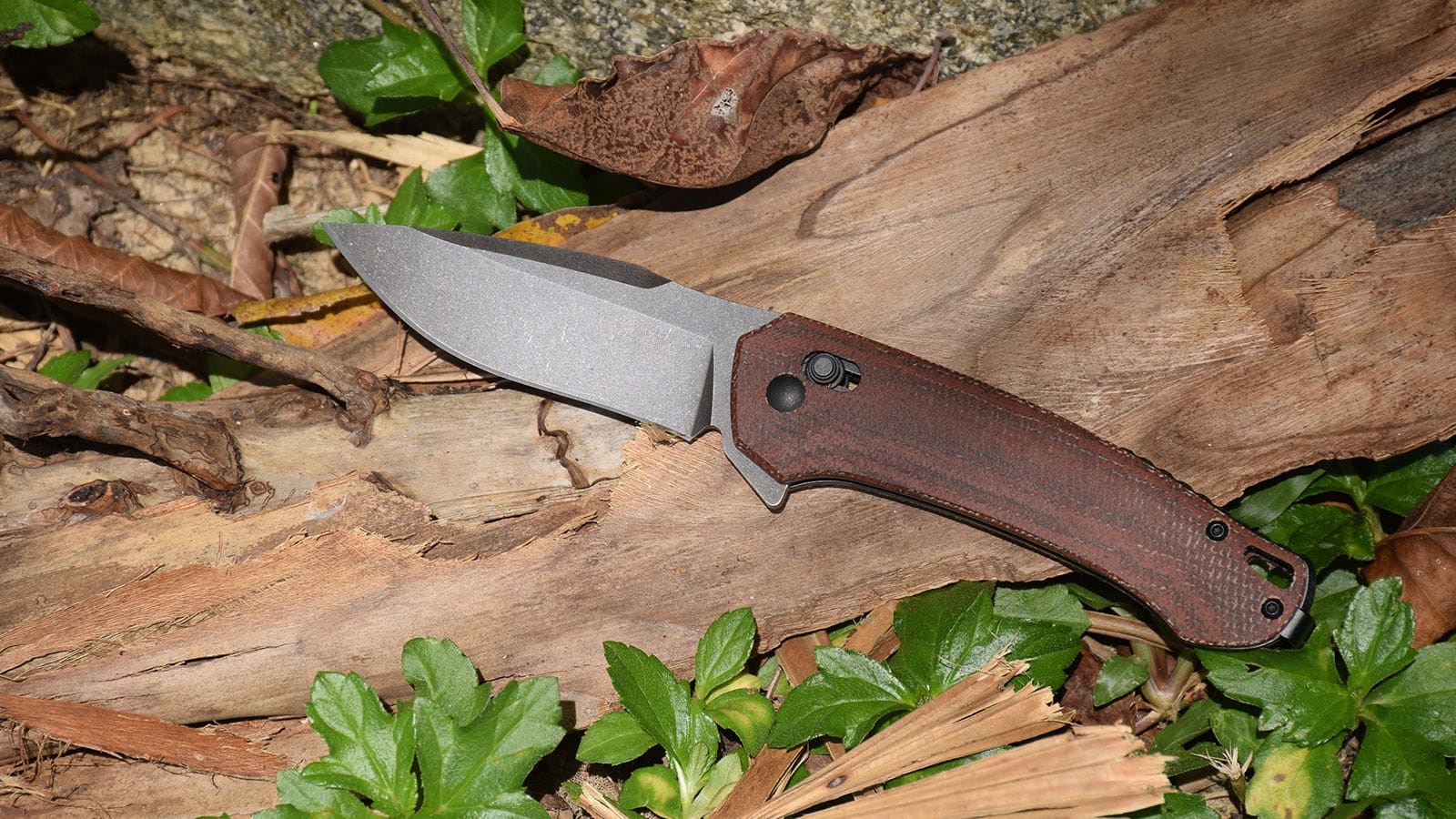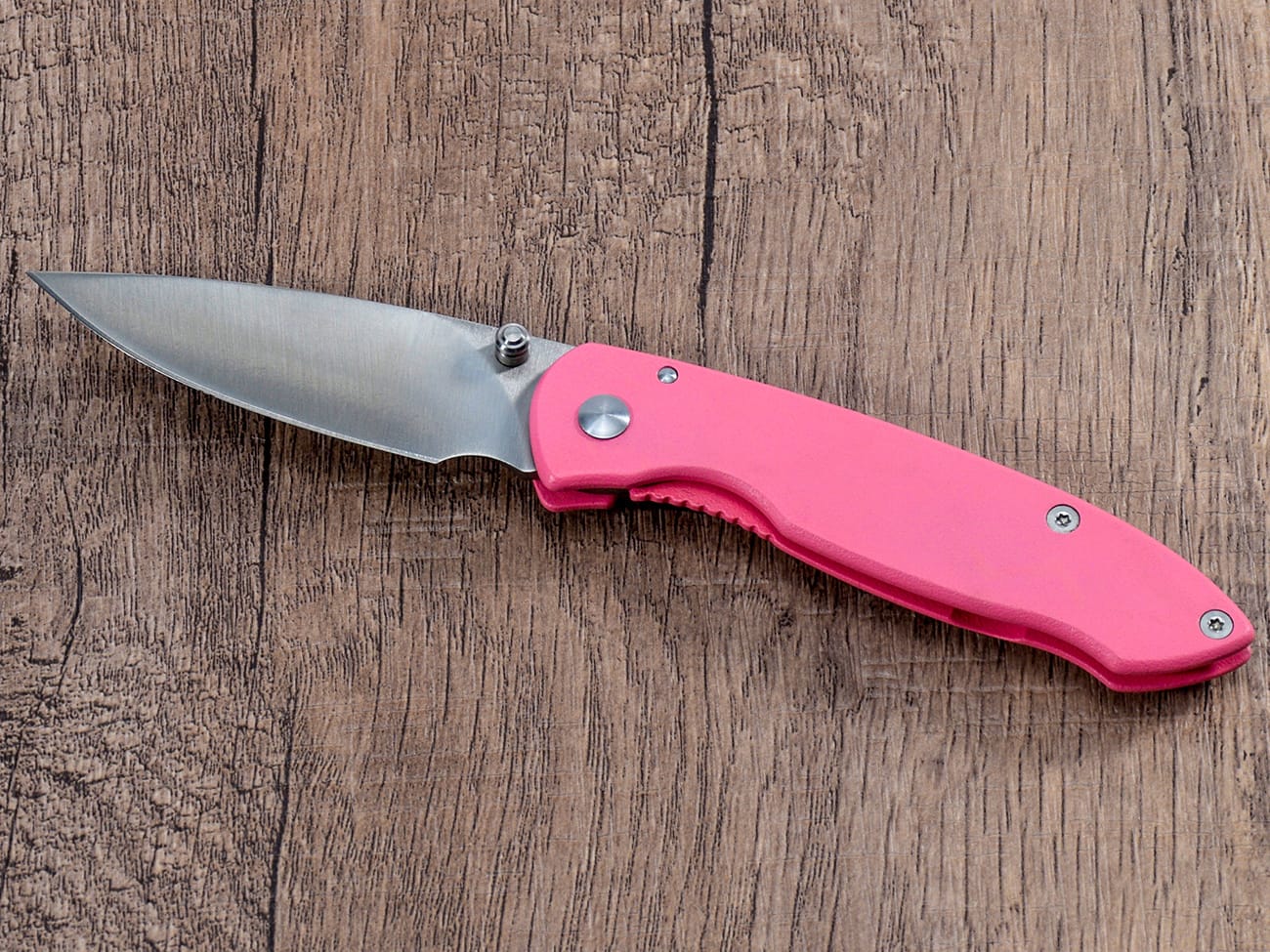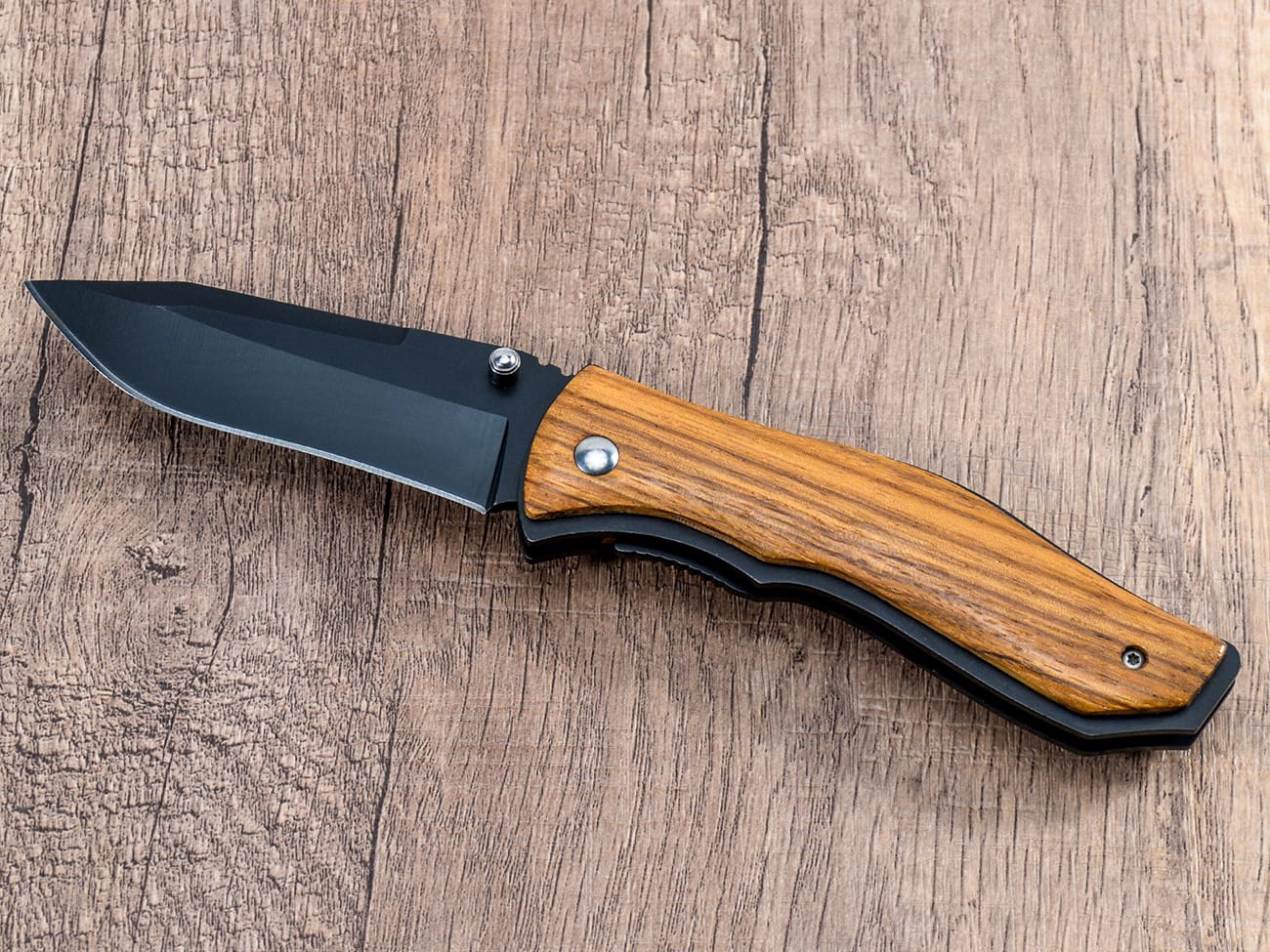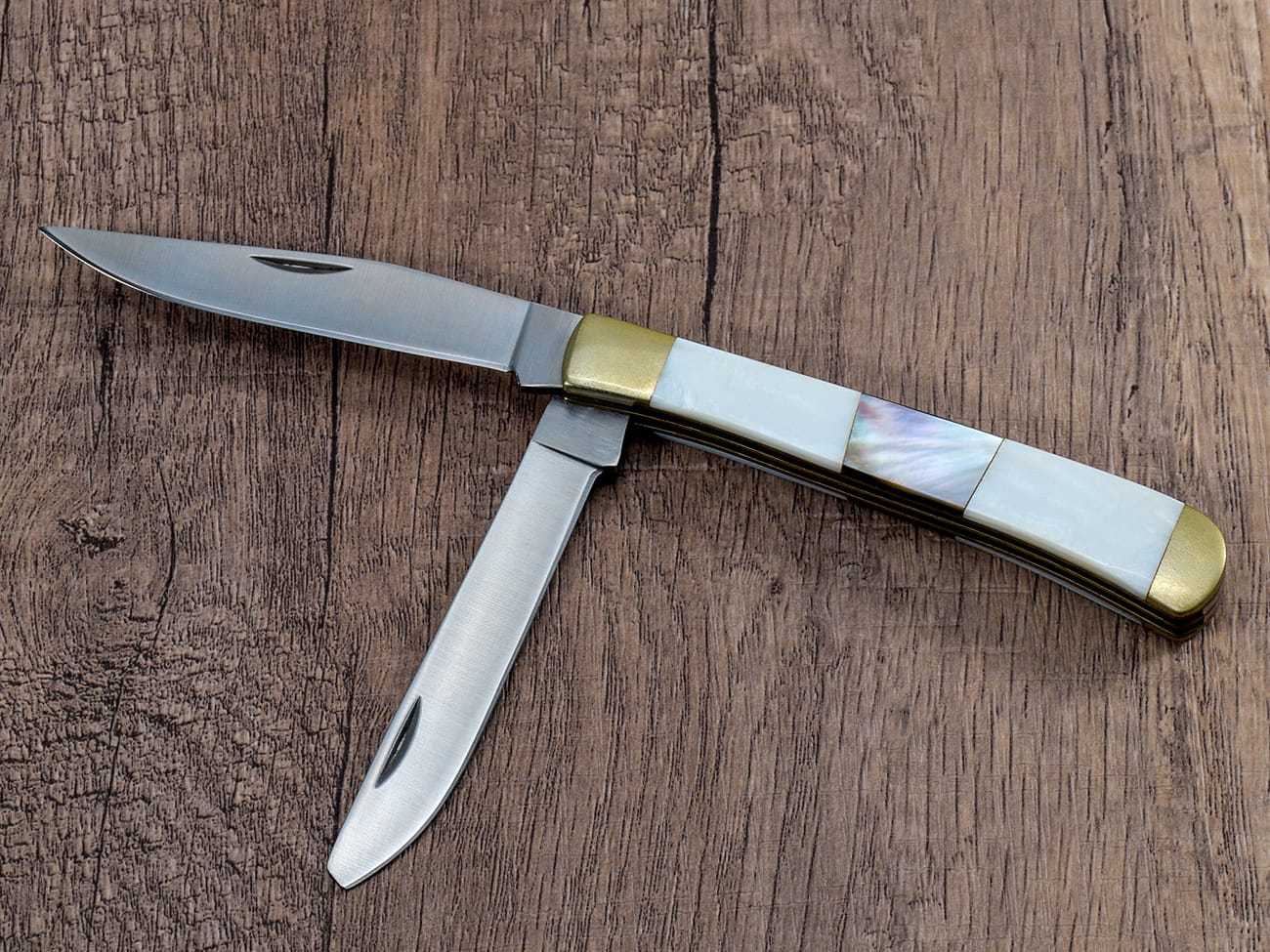When choosing a quality knife, understanding hardness is crucial for making an informed decision. This comprehensive guide will explain everything you need to know about knife hardness, focusing on the Rockwell hardness scale and how it affects your knife’s performance. Whether you’re looking for a pocket knife or a chef’s knife, this guide will help you understand why hardness matters and how to choose the right hardness for your needs.
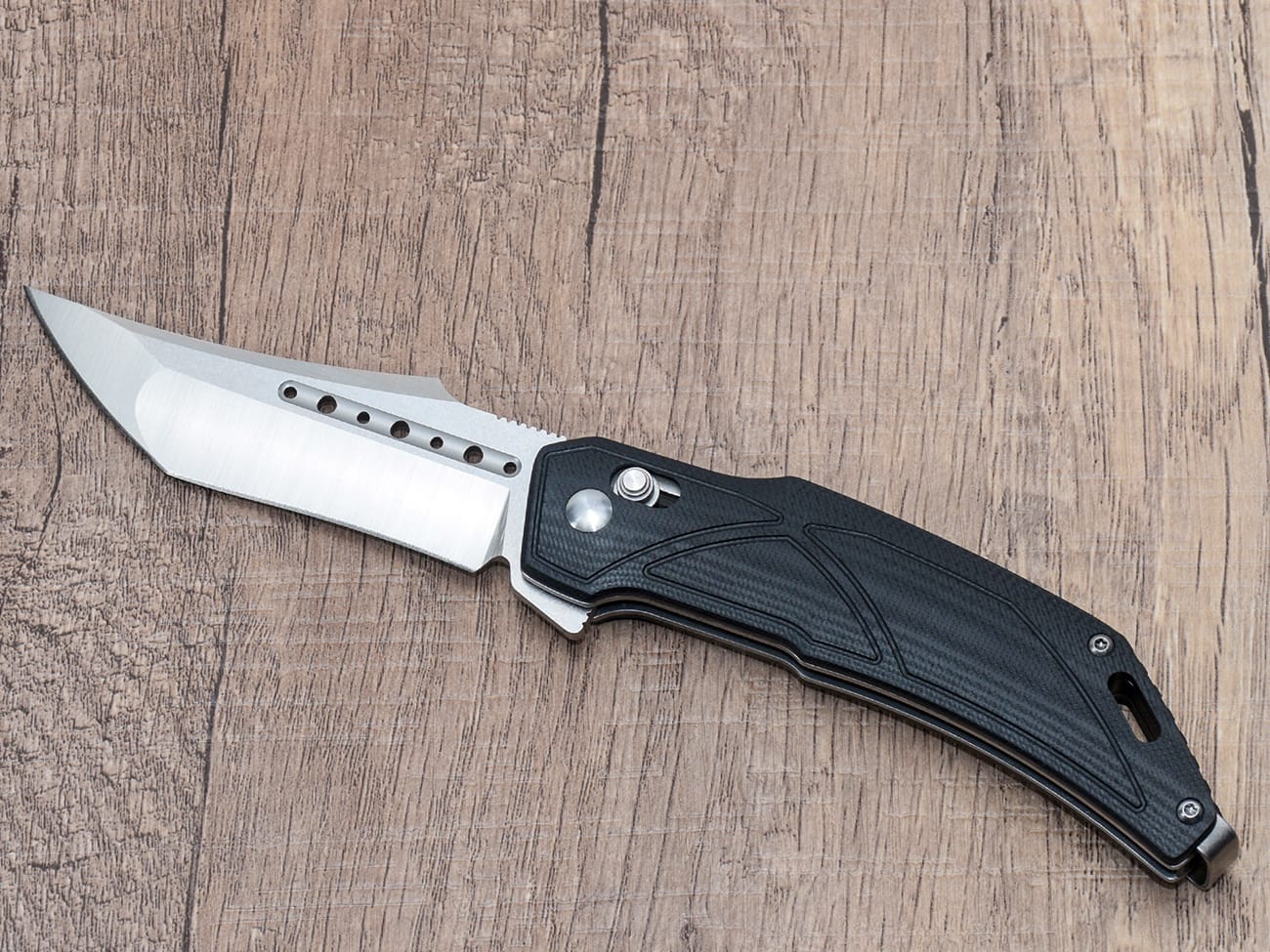
What is Rockwell Hardness and Why Does it Matter?
The Rockwell hardness scale is the standard way to measure the hardness of knife steel. This scale, particularly the Rockwell C scale (HRC), determines how well a knife will hold an edge and resist deformation. Understanding rockwell hardness helps you choose a knife that matches your intended use.
What’s the Ideal Hardness Range for Different Types of Knives?
Different types of knives require different hardness levels. EDC knives typically range from 58-62 HRC, while kitchen knives might be slightly softer. Here’s a general breakdown:
- Kitchen knives: 56-58 HRC
- Hunting knives: 58-60 HRC
- Folding knives: 58-61 HRC
- Japanese knives: 60-63 HRC
How Does Hardness Affect Edge Retention?
The harder the steel, the better it will hold an edge. However, there’s a trade-off: harder steel is also more brittle. A knife with a higher hardness will maintain its sharpness longer but may be more prone to chipping if used improperly.
Can a Knife Be Too Hard?
Yes, a knife can be too hard. When the hardness exceeds about 64 HRC, the steel becomes extremely brittle and prone to breaking. Most quality kitchen knife manufacturers aim for a sweet spot between 56-60 HRC, balancing edge retention with durability.
How Does Softer Steel Compare to Harder Steel?
Softer steel is more durable and easier to sharpen, but won’t hold an edge as long. A knife with a lower hardness (around 54-56 HRC) might be ideal for heavy-duty tasks where chip resistance is more important than edge retention.
What Role Does Carbon Content Play in Steel Hardness?
Carbon steel typically achieves higher hardness ratings than standard stainless steel. The carbon content directly affects how hard the steel can become during heat treatment. Many custom pocket knives use high-carbon steel for superior hardness.
How is Rockwell Hardness Measured?
The Rockwell test uses a diamond cone or steel ball to measure the hardness of a material. The test determines the hardness value by measuring the depth of penetration under specific loads. This gives us the HRC rating we see on knife specifications.
What’s the Relationship Between Hardness and Toughness?
While hardness measures a steel’s resistance to deformation, toughness refers to its ability to absorb impact without breaking. These properties often work against each other – as hardness increases, toughness typically decreases.
How Do Japanese Knives Differ in Hardness?
Japanese knives often feature higher hardness ratings (60-63 HRC) compared to Western knives. This allows for extremely sharp edges but requires more careful handling to prevent chipping.
What Should You Consider When Choosing a Knife Based on Hardness?
Consider these factors when selecting a knife based on hardness:
- Intended use
- Maintenance requirements
- Your sharpening skills
- Type of cutting tasks
- Edge retention needs
Key Points to Remember:
- Hardness isn’t everything – balance is key
- Higher hardness means better edge retention but more brittleness
- Softer steel is more durable and easier to maintain
- Consider your usage patterns when choosing hardness
- Regular maintenance is crucial regardless of hardness
Remember, the perfect hardness depends on your specific needs and how you’ll use the knife. Whether you choose a high-end folding knife or a basic kitchen knife, understanding hardness will help you make an informed decision.

